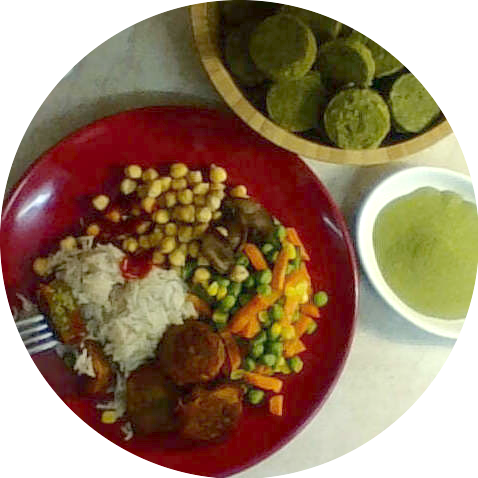Dear mushroom lovers!
As the winter breath chills the air and days get shorter, we all get excited about the mushroom season, when it's possible to go out to hunt for those delicious fungi growing in the wild! There's nothing like filling your basket with chanterelles, porcini, and morels or shiitake, bringing them home to cook a mouthwatering nutritious meal.
But before grabbing your knife and basket and heading to the woods, I'd like to ask you a favour. Please, be mindful of how much you collect and where you forage. Excessive foraging - also known as hoarding wild mushrooms, can have detrimental impacts on the environment and the wildlife that depend on mushrooms for their survival. Needless to say, it has a negative impact on your future resources as well.
Here are some reasons why you should ease off on foraging edible mushrooms, avoiding:
- decreasing spore dissemination: Many foragers assume that if mushrooms cannot be uprooted (because they have no roots - which is true) then picking them from the wild doesn't affect their population. When you remove a mushroom from the wild, however, you prevent it from releasing its spores. Spores are the reproductive units of fungi. Spores are carried by the wind or by animals to new locations, where they can germinate and form new mycelium and mushrooms. By picking too many mushrooms, you decrease the chances of spore dissemination and colonization of new habitats [1]. When wild animals eat mushrooms, they return the spores back to the soil, when humans eat mushrooms, the spores end up in the sewage;
- critically reducing food for wild species: Mushrooms are an important source of food for many animals, especially in winter when alternative resources get scarce. Squirrels hide them during the season for winter time when other food sources are scarce; deer, rabbits, birds, mice, insects, and many others rely on mushrooms for their nutrition and energy. By overharvesting mushrooms, you may deprive these animals of their food and affect their chances for survival and reproduction;
- treading the soil: When you walk around the forest looking for mushrooms, you may unintentionally damage the soil and the mycelium that lies beneath it. Mycelium is the network of fungal threads that connects the mushrooms and helps them absorb nutrients and water from the soil to feed themselves and their plant symbionts (trees, bushes, wildflowers, wild plants, etc). By treading the soil, the mycelium might break or get compacted, reducing its ability to function and produce more mushrooms in the future. So, tread carefully!
- Finally, consider your fellow forayers (mushroom study/appreciation groups): Observation of wildlife, including mushrooms, is important for our mindfulness and well-being. You are clever enough to diversify your diet but other species are restricted in terms of the quality and quantity of food they can get, and once a species loses its battle for survival, it's lost forever. Leave a portion for nature dwellers to enjoy and appreciate such precious beings too. The beauty of natural ecosystems is a gift not to brush away lightly.
So, what can we do to be responsible foragers:
Here are some quick tips (with a note to self):
- Forage only for personal use and take just as much as you can consume in a reasonable time.
- Avoid nature-conservation sites where foraging may be prohibited or restricted. It's probably been restricted for good reasons.
- Forage only with knowledge and identification skills. Don't pick mushrooms that you're not sure about or that may be endangered (let alone poisonous). Use reliable guides or experts to help you.
- Tread with care and respect. Don't damage or disturb the soil, the mycelium, or the plants around the mushrooms.
- Use a basket or mesh carrier bag to collect your mushrooms, allowing some spores to escape and spread as you walk. Leave a reasonable portion of the mushrooms behind for other foragers, forayers, animals, and future generations.
By following these tips, you can enjoy foraging mushrooms in their season without damaging their populations or harming the environment or wildlife. You can also help preserve the diversity and abundance of fungi in our forests and contribute to their conservation.
Happy mushroom hunting!
Some references:
D. W. Minter, G.S Soliman ( 2022), Description of Fungi and Bacteria, No. 231 pp. 2297
D. W. Minter, G.S Soliman ( 2022), Description of Fungi and Bacteria, No. 231 pp. 2296





